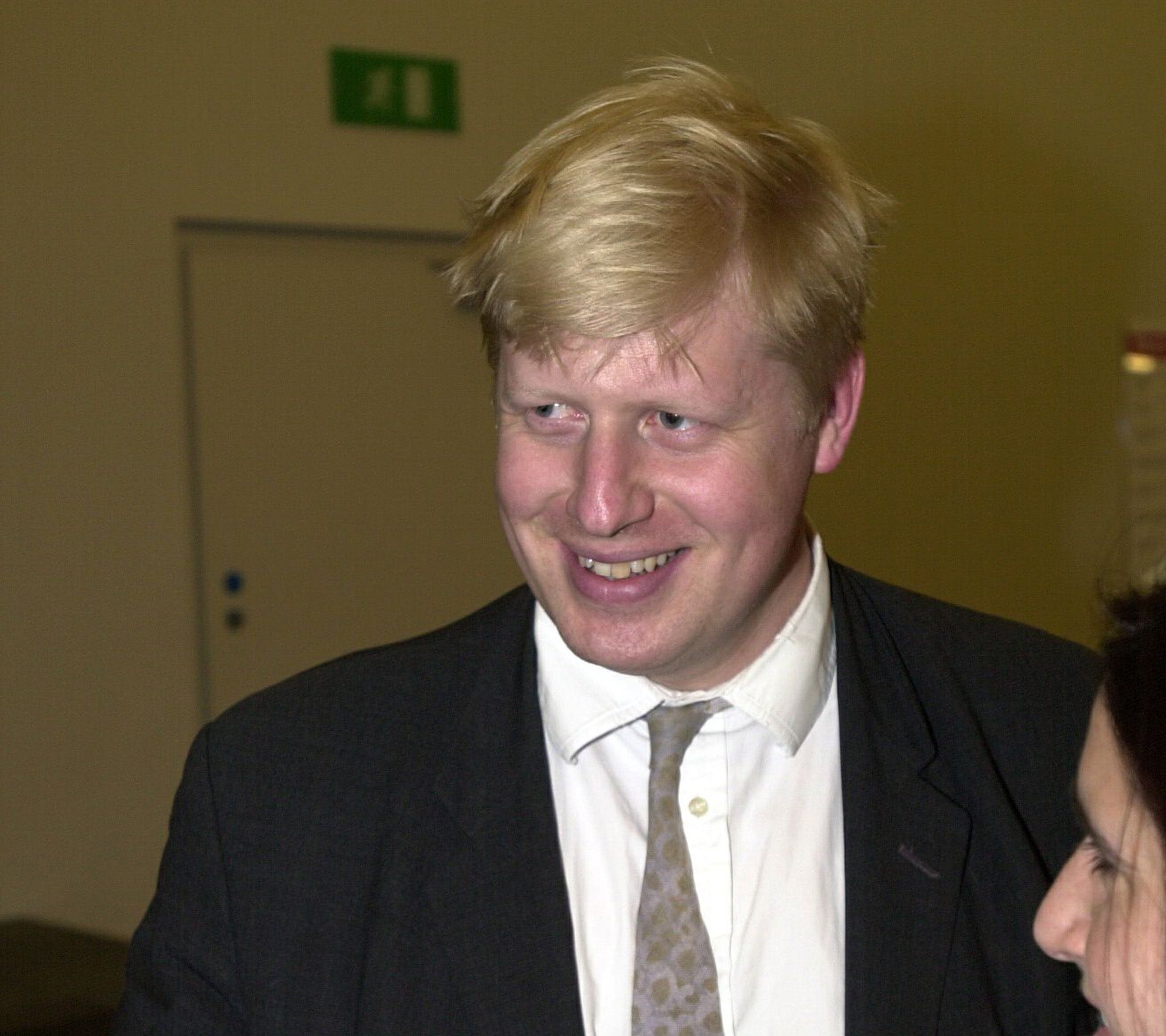Irish diplomats judged Boris Johnson to have ‘naive’ views on Northern Ireland, declassified papers show
The future PM had lunch with the Irish embassy’s press attache, an account of which was reported back to Dublin

Your support helps us to tell the story
From reproductive rights to climate change to Big Tech, The Independent is on the ground when the story is developing. Whether it's investigating the financials of Elon Musk's pro-Trump PAC or producing our latest documentary, 'The A Word', which shines a light on the American women fighting for reproductive rights, we know how important it is to parse out the facts from the messaging.
At such a critical moment in US history, we need reporters on the ground. Your donation allows us to keep sending journalists to speak to both sides of the story.
The Independent is trusted by Americans across the entire political spectrum. And unlike many other quality news outlets, we choose not to lock Americans out of our reporting and analysis with paywalls. We believe quality journalism should be available to everyone, paid for by those who can afford it.
Your support makes all the difference.Irish diplomats judged Boris Johnson to have “naive” views on Northern Ireland when he worked as a journalist in the 1990s, declassified papers show.
After a lunch with Johnson in 1995, one Irish embassy official presciently reported back to Dublin that the 31-year-old journalist, who at the time wrote a column for The Daily Telegraph, was very much a “Eurosceptic”.
The papers, which were released to Ireland’s state archive by its Department of Foreign Affairs, also suggest that the future prime minister was already close to John Major’s government and in the loop on No 10 announcements before they were made.
Colin Wrafter, press attache at the Irish embassy in London, had gone for lunch with Johnson on 24 April 1995 – though no details of the venue are included.
Giving an assessment of the high-profile journalist, the diplomatic memo said: “His own politics would be Thatcherite and Eurosceptic, but he has, he told me, incurred the wrath of the editor of The Daily Telegraph, Charles Moore, for a piece in The Spectator in February which argued that the [Northern Ireland] framework documents were deliberately pitched by the British in the nationalist direction so as to ensure that a final settlement would be much more sensitive to unionist concerns.
“He has written approvingly – if naively – of the Northern Ireland Tories in his weekly column in The Daily Telegraph. Our lunch took place before the announcement by the British government that it would commence ministerial talks with Sinn Fein.
“It says something for the standing of The Daily Telegraph that he knew what the British government would announce that afternoon, and that his [press] lobby colleague, Phil Johnson, had time to travel to Belfast for Minister Ancram’s briefing at 5pm.”
Apparently viewing the then journalist as a reliable authority on government thinking, Wrafter added: “Boris made one remark of which you may wish to be aware – the prime minister is determined to proceed with the peace process at a pace just a little on the right side of ‘stalling’.
“In this he was reflecting a view widely held by political journalists in Westminster.
“While the prime minister wants history to acknowledge his role in helping to bring about peace in the North, he is determined to move cautiously in order to avoid the risk of exposing himself to Tory backbench unrest.”
Summing up Johnson’s role, the diplomat noted that his contact was “previously Brussels correspondent for The Daily Telegraph and was recalled to London to succeed Simon Heffer at The Spectator when the latter was made deputy editor at The Daily Telegraph”.
Johnson would go on to become editor of The Spectator in 1999, and would be elected to parliament for the seat of Henley at the 2001 general election.
Join our commenting forum
Join thought-provoking conversations, follow other Independent readers and see their replies
Comments